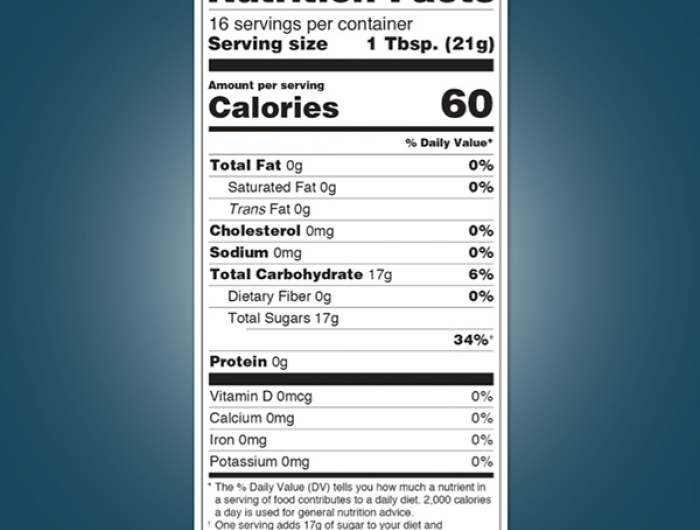Food allergen labeling bill advances

Plain english words would identify allergens on ingredients lists
Americans with food allergies will have an easier time spotting common allergens on food labels if legislation sponsored by Senator Judd Gregg (R-NH) and Edward Kennedy (D-MA) becomes law. That bill unanimously passed the Senate Health, Education, Labor, and Pensions (HELP) Committee last week, and Representative Nita Lowey (D-NY) plans to introduce similar legislation in the House.
The bill would require food manufacturers to use plain English words like “milk” or “wheat” rather than less familiar words like “casein” or “semolina” to identify common food allergens on ingredients lists. The bill also would close a major loophole that now lets allergens in spices and flavorings go undisclosed. Eight ingredients—eggs, fish, milk, peanuts, shellfish, soybeans, tree nuts, and wheat—account for most allergic reactions.
“For those people with food allergies, this bipartisan legislation could be a real life-saver,” said CSPI executive director Michael F. Jacobson, who noted that each year 29,000 Americans are hospitalized and 150 die each year from allergic reactions to food. “Parents shouldn’t have to worry that a food product with some unspecified ‘natural flavoring’ is going to trigger anaphylactic shock in their kid.”
The bill would also require the FDA to inspect food manufacturing facilities for, and to encourage the food industry to reduce inadvertent cross-contamination of, foods with allergens during processing. The bill also directs the Centers for Disease Control and Prevention to collect data on adverse reactions to allergenic foods.
Although similar legislation cleared the HELP committee last year, Congress adjourned before the bill reached a floor vote. This year the bill enjoys the support of the Bush Administration.

